For current graphic designers seeking to elevate their expertise and marketability, pursuing a master’s in graphic design can be the key to achieving your goals. This degree combines the intricacies of art and the pragmatism of business, providing you with a more substantial set of skills highly valued in the industry.
While only a bachelor’s in graphic design is needed for most jobs in this field, a master’s degree can distinguish you as a top-tier candidate, potentially leading to higher earning opportunities — with the top 10% of graphic designers earning over $100,450 in 2023.
Most master’s programs can be completed in about two years, with the average graduate tuition costing $19,749 for the 2020-2021 academic year.
Why Trust Us
The Intelligent.com Higher Education Team is dedicated to providing students with independent, equitable school and program rankings and well-researched resources. Our expert-driven articles cover topics related to online colleges and programs, paying for school, and career outlooks. We use data from the U.S. Department of Education’s College Scorecard, the National Center for Education Statistics, and other reputable educational and professional organizations. Our academic advisory team reviews content and verifies accuracy throughout the year for the most current information. Partnerships do not influence rankings or editorial decisions.
- Analyzed over 2,000 national, accredited, and nonprofit colleges and universities
- 800+ rankings pages are reviewed and updated yearly
- Content is informed by reputable sources, surveys, and interviews with academic advisors and other experts
- Over 100 data points are reviewed for accuracy and quality throughout the year, including sources
How we rank schools
Our list features the best Graphic Design degree programs at top colleges nationwide. Each school featured is a nonprofit, accredited institution — either public or private — with a high standard of academic quality for post-secondary institutions.
We evaluated each school’s program on tuition costs, admission, retention and graduation rates, faculty, reputation, and the student resources provided for online students. We collected data from trusted sources like the National Center for Education Statistics, individual school and program websites, school admissions counselors, and other data sources. Then, we calculated the Intelligent Score on a scale of 0 to 100 based on the following criterion:
Academic Quality:
- Admission rate versus enrollment rate
- Retention rate of students who return after year one
- Accreditation status (regional and programmatic)
- Nonprofit status, both private and public institutions
Graduation Rate
- Overall graduation rate
- Total number of currently enrolled students, including diversity metrics
- Student-to-faculty ratio
Cost and ROI
- In-state and out-of-state per-credit tuition rates and fees
- Required credits to graduate
- Earning potential after graduation
- Availability of federal student loans, scholarships, and other financial aid options
Student Resources
- Available student services for online-only and hybrid programs
- On-campus amenities like tutoring centers and the number of libraries
Read more about our ranking methodology.
Best 16 Accredited Master’s in Graphic Design Programs
FiltersInstitution Type
Status
- Intelligent Score
- Alphabetically By University Name
- Acceptance Rate
- Enrollment
- In-state Graduate Tuition
- Out-of-state Graduate Tuition
- In-state Undergraduate Tuition
- Out-of-state Undergraduate Tuition

Yale University
Intelligent Score: 98.87In-state: $57,700
Out-of-state: $57,700
In-state: $44,500
Out-of-state: $44,500
SAT: 1460-1580
ACT: 33-35
$1,797
On-Campus
New England Commission of Higher Education
42
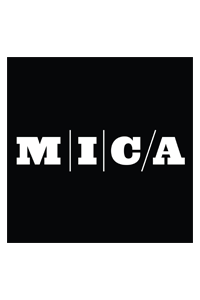
Maryland Institute College of Art
Intelligent Score: 92.38In-state: $84,066
Out-of-state: $84,066
In-state: $67,631
Out-of-state: $67,631
SAT: 490-700
ACT: 17-23
$2,280
On-Campus
Middle States Commission on Higher Education
30

Boston University
Intelligent Score: 90.73In-state: $56,854
Out-of-state: $56,854
In-state: $56,854
Out-of-state: $56,854
SAT: 1310-1500
ACT: 30-34
$997
On-Campus
New England Commission of Higher Education
60
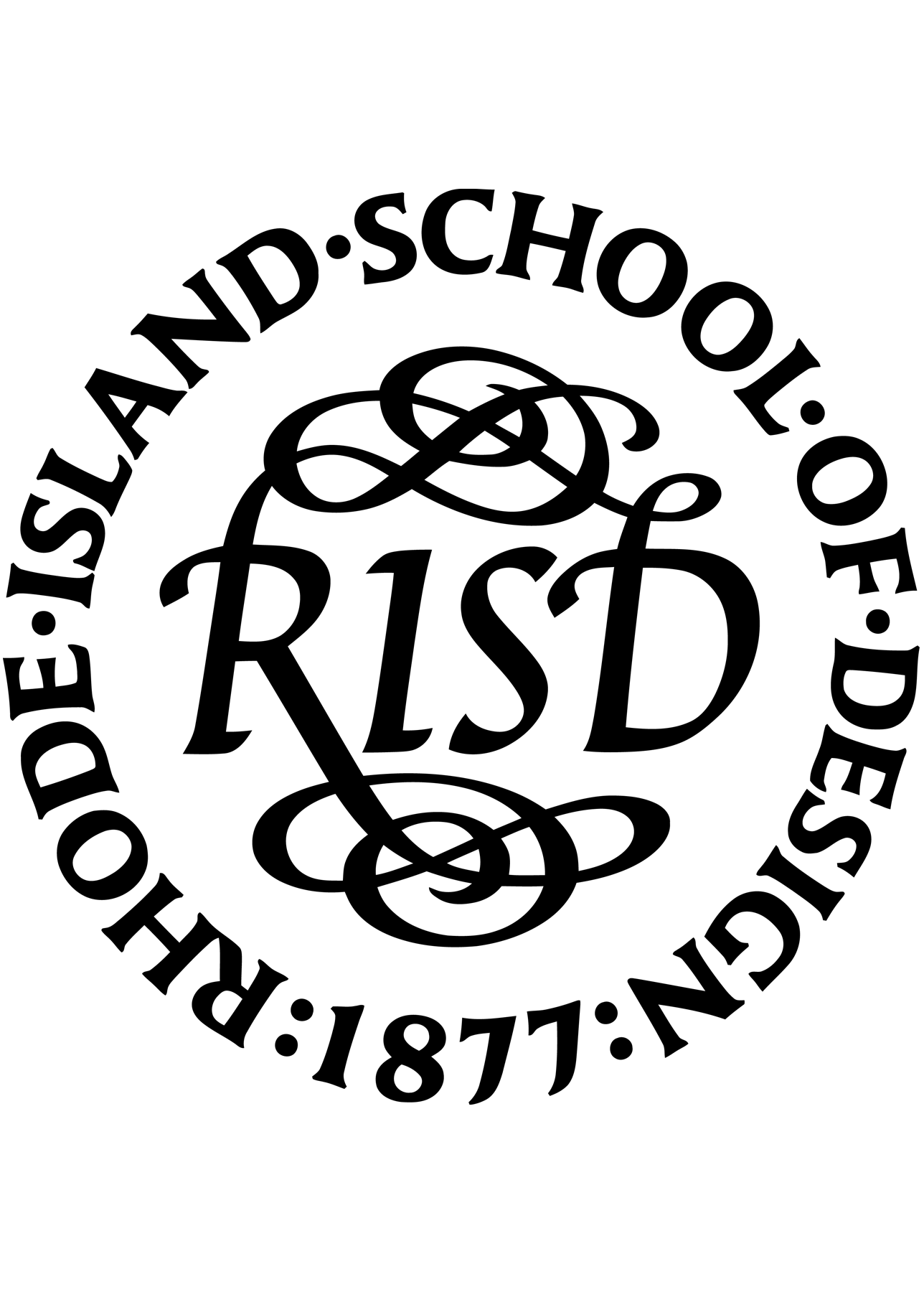
Rhode Island School of Design
Intelligent Score: 90.28In-state: $53,820
Out-of-state: $53,820
In-state: $53,820
Out-of-state: $53,820
SAT: 1250-1470
ACT: 27-32
$1,956
On-Campus
New England Commission of Higher Education
66

University of Illinois at Chicago
Intelligent Score: 89.87In-state: $14,317
Out-of-state: $33,824
In-state: $15,016
Out-of-state: $15,016
SAT: 1200-1460
ACT: 27-33
In-State: $530
Out-of-State: $1,104
On-Campus
Higher Learning Commission
60

Suffolk University
Intelligent Score: 89.75In-state: $41,242
Out-of-state: $41,242
In-state: $39,914
Out-of-state: $39,914
SAT: 1010-1203
ACT: 21-26
$1,497
On-Campus
New England Commission of Higher Education
36-46

North Carolina State University at Raleigh
Intelligent Score: 88.42In-state: $6,535
Out-of-state: $26,654
In-state: $9,095
Out-of-state: $9,095
SAT: 1230-1410
ACT: 27-32
In-State: $525
Out-of-State: $1,635
On-Campus
Southern Association of Colleges and Schools Commission on Colleges
48
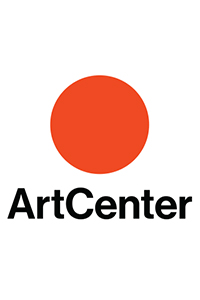
Art Center College of Design
Intelligent Score: 88.10In-state: $75,332
Out-of-state: $75,332
In-state: $82,774
Out-of-state: $82,774
SAT: Not Required
ACT: Not Required
$2,274
On-Campus
WASC Senior College and University Commission
30
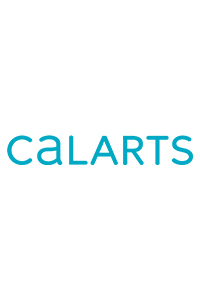
California Institute of the Arts
Intelligent Score: 86.01In-state: $77,308
Out-of-state: $77,308
In-state: $78,444
Out-of-state: $78,444
SAT: 1160
ACT: 19-24
$2,430
On-Campus
WASC Senior College and University Commission
30
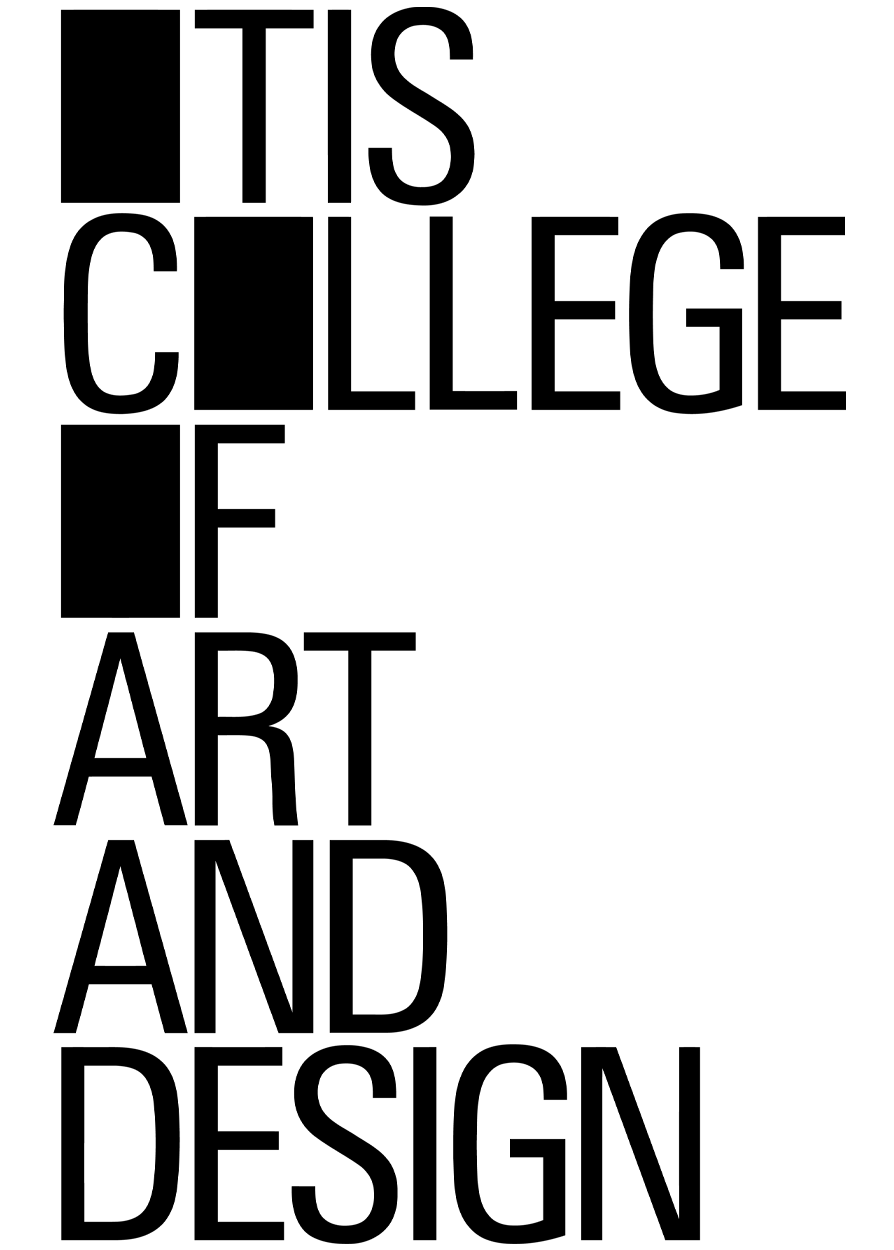
Otis College of Art and Design
Intelligent Score: 85.07In-state: $81,933
Out-of-state: $81,933
In-state: NA
Out-of-state: NA
SAT: 1130-1360
ACT: 20-29
$2,930
On-Campus
WASC Senior College and University Commission
60

Iowa State University
Intelligent Score: 84.87In-state: $8,042
Out-of-state: $23,230
In-state: $9,758
Out-of-state: $9,758
SAT: 1010-1310
ACT: 21-28
In-State: $691
Out-of-State: $1,627
On-Campus
National Association of Schools of Art and Design
60

Ohio University
Intelligent Score: 83.97In-state: $27,574
Out-of-state: $38,254
In-state: $18,138
Out-of-state: $18,138
SAT: 1070-1290
ACT: 22-27
In-State: $583
Out-of-State: $1,079
On-Campus
Higher Learning Commission
90
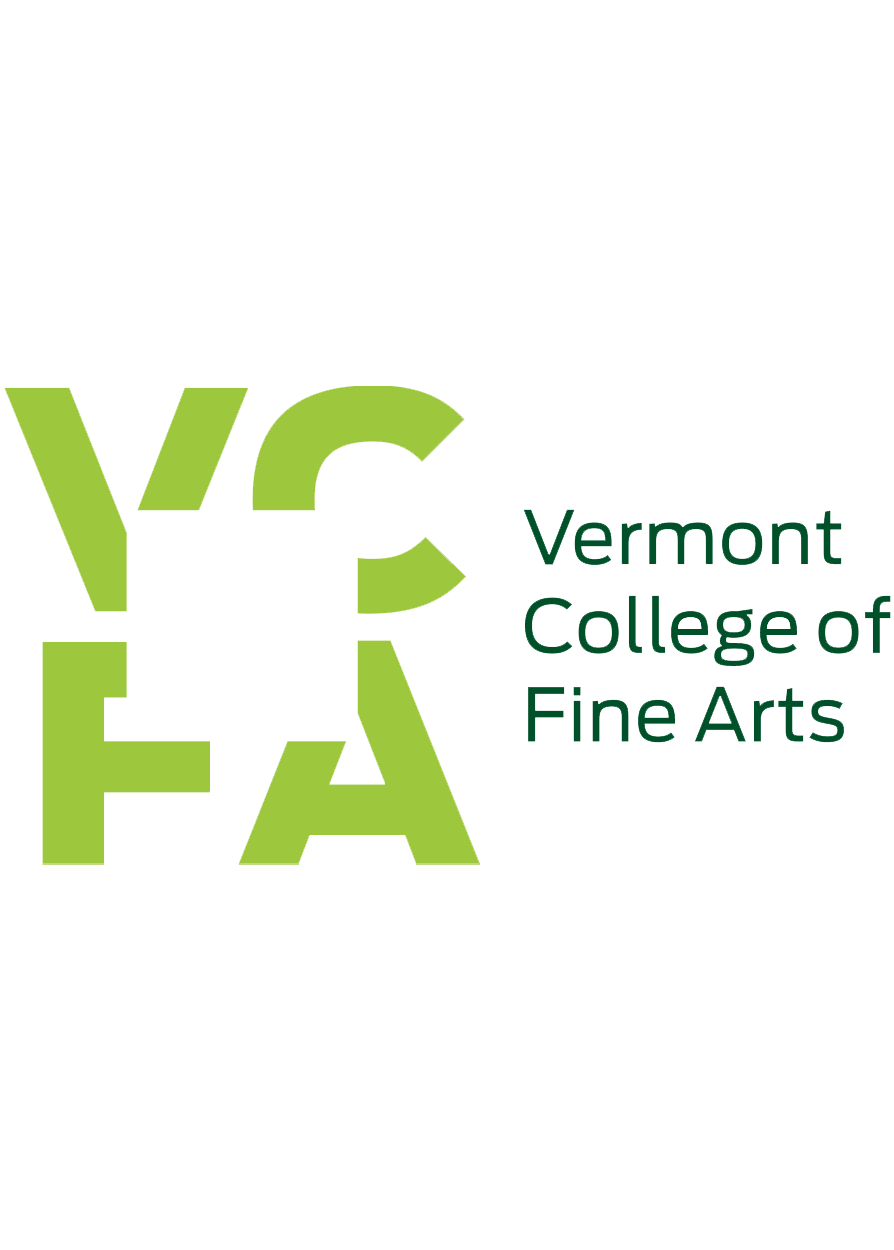
Vermont College of Fine Arts
Intelligent Score: 83.65In-state: NA
Out-of-state: NA
In-state: $30,712
Out-of-state: $30,712
SAT: Not Applicable
ACT: Not Applicable
$1,186
On-Campus
New England Commission of Higher Education
60

Virginia Commonwealth University School of the Arts
Intelligent Score: 83.39In-state: $12,179
Out-of-state: $32,827
In-state: $12,703
Out-of-state: $12,703
SAT: 1060-1250
ACT: 21-28
In-State: $901
Out-of-State: $2,156
On-Campus
National Association of Schools of Art and Design
60

Liberty University
Intelligent Score: 83.23In-state: $14,791
Out-of-state: $14,791
In-state: $7,935
Out-of-state: $7,935
SAT: 1040-1250
ACT: 21-29
$545
On-Campus
Southern Association of Colleges and Schools Commission on Colleges
60

Oklahoma State University
Intelligent Score: 83.13In-state: $5,357
Out-of-state: $20,877
In-state: $5,531
Out-of-state: $5,531
SAT: 1020-1250
ACT: 21-28
In-State: $471
Out-of-State: $1,118
On-Campus
Higher Learning Commission
60
How to Choose a Master’s in Graphic Design Program
Choose your area of study
By choosing an area of study for your master’s in graphic design, you can customize your education to your career goals and interests. Not only will this make your graduate experience more enjoyable, but it can also make you a more competitive hire in specific sectors of the design industry.
For example, those who want to tell stories through art will thrive in illustration, focusing on creating original artwork for books, magazines, and digital media. Students interested in creating visual campaigns that drive consumer behavior and boost brand engagement may prefer marketing design, while those who are interested in UX/UI principles and want to build user-friendly, aesthetically pleasing websites will excel in web design.
Research schools and programs
Now that you’ve decided on a specialization, you can begin researching schools and programs that can support your interests. You may come into this process with a few questions of your own, but the following questions can help guide your research further:
- What specializations does the program offer?
- What are the faculty’s areas of expertise and background?
- How does the curriculum align with your career goals?
- What are the program’s facilities and resources like?
- Does a recognized accrediting body accredit the program?
To find answers to these questions, you can explore the program’s official website, contact admissions counselors, and review student testimonials and alumni success stories.
Prepare for tests and applications
When it comes time to prepare for applications, prioritize assembling a solid portfolio, as it’s often the most critical component and will be heavily weighed by admissions committees. You’ll also want to write a thoughtful personal statement articulating your design goals and enthusiasm for the program. Additionally, begin gathering transcripts and securing recommendation letters early to ensure you’re set for impending deadlines.
While GRE scores may be optional at many schools, consider enrolling in a test prep program to improve your scores and strengthen your application.
Select your program
If you submit multiple applications, you may receive multiple acceptance letters. Fortunately, you can make this decision easier by revisiting your initial criteria, focusing on what aspects of the program are most important to you. Reassess the total cost of attendance, including expenses beyond tuition, and research any financial aid opportunities. This will ensure that the program you choose aligns with your academic and career goals and is financially feasible.
Determine how you’ll pay for your degree
Financing your degree without incurring substantial debt may seem impossible, but with strategic planning, you can pay for your education while reducing your debt burden.
Start by prioritizing funding options that don’t require repayment — like scholarships or grants, which provide free money based on merit or need. You may also be eligible for assistantships, often offering tuition remission or a stipend for teaching or research assistant roles. If you’re employed, ask if your company offers tuition assistance for career-relevant education. Federal loans can be helpful if you need to bridge any financial gaps — just be sure to borrow only what’s necessary so you can more easily pay it back later on.
Next, we compared this comprehensive list of online PhD programs to a list of aggregated college rankings from reputable publications like the U.S. News & World Report among others to simplify a student’s college search. We pored through these rankings so students don’t have to.
Master’s in Graphic Design Programs That Might Interest You
Learn about start dates, transferring credits, availability of financial aid, and more by contacting the universities below.
What Can You Expect From a Master’s in Graphic Design Program?
Intended for professionals already working in the field, a master’s in graphic design will provide an immersive exploration into advanced design principles to help you level up your skills. With approximately two years of full-time study, you’ll develop a deeper understanding of visual communication, digital media, and interactive design. The curriculum frequently includes typography, branding, and user experience design coursework. Many programs emphasize the development of your personal aesthetic and professional portfolio, setting you up for success when it comes time to enter the job market.
A key component is the thesis project, where students are expected to create a comprehensive design project that illustrates their mastery of graphic design concepts and methods. This thesis is intended to culminate your learning, but it also serves as a significant portfolio piece that can be presented to potential employers or clients.
Students passionate about communication and messaging should also consider master’s in digital marketing programs, as this may be a better fit for your personal interests and professional goals.
Potential courses you’ll take in a master’s in graphic design program
- Brand Identity Design: An essential component of many curriculums, this course teaches the strategic process of creating and developing brand identities to represent companies and products effectively. Lessons cover the psychology of color, design theory, and the integration of design elements to build a cohesive brand presence across different forms of media.
- Advanced Typography: Another standard course offering, this class analyzes the art and technique of arranging type to make the language it forms more visually appealing and optimally functional. Participants explore various typefaces, discuss typographic history, and experiment with layout techniques, improving readability and viewer engagement.
- Interactive Design: This course focuses on designing user-friendly and engaging digital interfaces. Students learn about user-centered design principles, wireframing, prototyping, and testing interactive products like websites and apps, preparing them to create aesthetically pleasing and functionally practical designs.
- Motion Graphics: Often deemed an elective, courses in this realm allow students to explore the world of animated graphic design. Participants learn about animation, timing, and storytelling principles through visuals. Students are taught how to use industry-standard software to create dynamic and compelling visual effects and sequences that can be applied in film, television, and online platforms.
Master’s in Graphic Design Degree Frequently Asked Questions
How do I apply to a master's in graphic design degree program?
Requirements can vary depending on the specific institution, but most schools share common criteria. Generally, you’ll need to prepare:
- Official academic transcripts
- Letters of recommendation
- A portfolio showcasing your best design work
- GRE scores, if required
Be sure to reach out to an admissions counselor before applying. They can provide specific guidance on the application process, help clarify any requirements, and offer insights into how you can strengthen your application.
How much does a master's in graphic design degree cost?
For the 2020-2021 academic year, the average cost of graduate-level tuition was $19,749 — but this figure can vary depending on the institution.
When planning your budget, it’s essential to incorporate some room for additional expenses not included in the tuition price, such as housing, commuting costs, textbooks, and course materials. This will help you get a realistic picture of the total cost of your education, ensuring you’re financially prepared for all aspects of your graduate studies.
How long does it take to earn a master's in graphic design degree?
Securing a graduate degree in graphic design takes approximately two years for full-time students, while part-time students may take three or four years, depending on their course load each semester.
Considering the total number of credits the program requires is crucial, as this varies significantly between institutions and can directly impact your graduation timeline. Although most programs require 30 to 36 credits for completion, some may need more or slightly less — depending on the institution.

